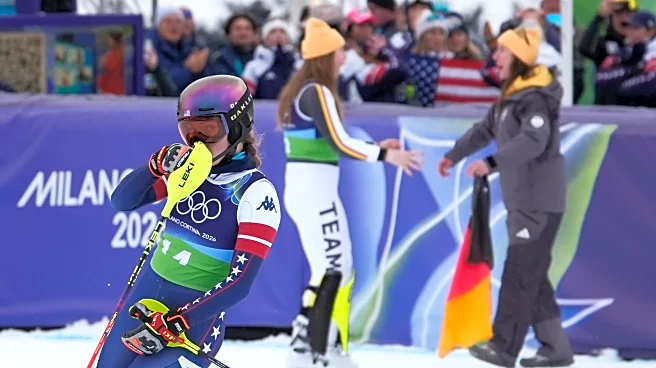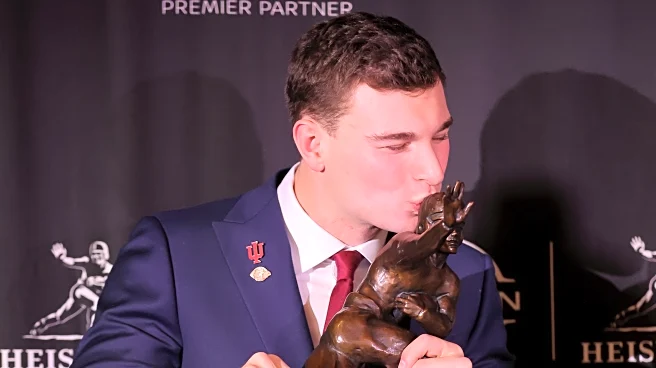Rapid Read • 7 min read
Oklahoma State coach Mike Gundy has expressed skepticism regarding the College Sports Commission (CSC), a new enforcement body in college athletics tasked with regulating Name, Image, and Likeness (NIL) transactions. The CSC was established following the NCAA v. House settlement and is responsible for overseeing NIL deals and a revenue-sharing model that began on July 1. Despite its intended role, the CSC has faced opposition from NIL collectives and legal challenges, leading to a clarification of its guidelines. Gundy has questioned the CSC's power and suggested that college sports require a single leader to manage these issues effectively.
AD
The establishment of the CSC is a significant development in college sports, aiming to address longstanding concerns about NIL transactions and revenue distribution. However, the pushback from collectives and legal challenges highlights the complexities involved in regulating these areas. Gundy's call for a single leader reflects broader dissatisfaction among coaches and administrators with the current oversight structure. The outcome of this debate could impact how college sports are governed, potentially affecting athletes' earnings and the financial dynamics of college programs.
The CSC's future actions and responses to legal challenges will be crucial in determining its effectiveness and authority. Stakeholders in college sports, including coaches, administrators, and athletes, will likely continue to advocate for changes in governance. Discussions around appointing a single leader or commissioner could gain traction, influencing the direction of college sports regulation and NIL policies.
The debate over the CSC's authority and the call for a single leader in college sports governance raises questions about the balance of power and the role of collective bargaining. These discussions could lead to broader changes in how college sports are structured, potentially affecting the relationship between athletes and institutions and the overall landscape of college athletics.
AD
More Stories You Might Enjoy













